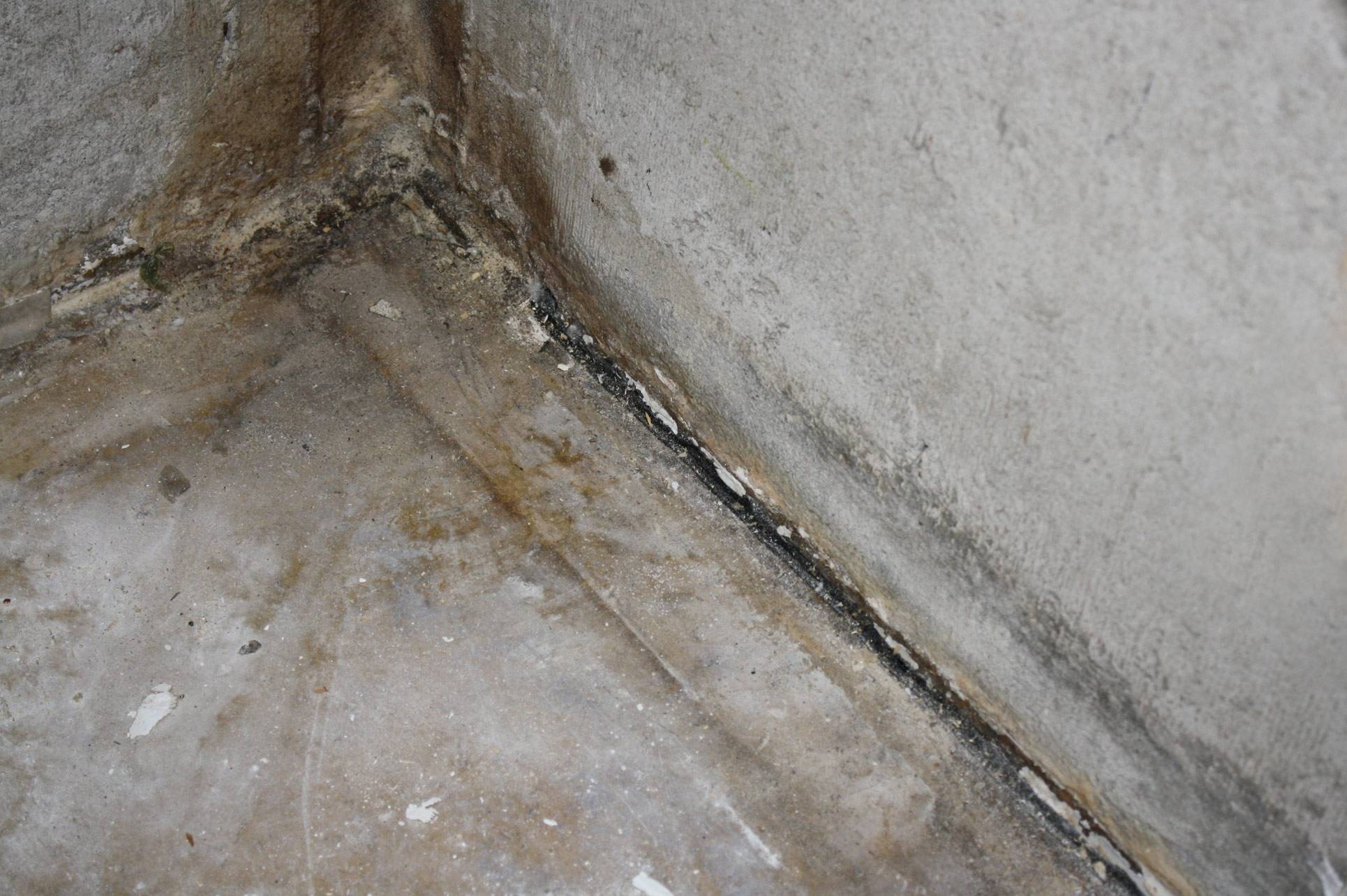What are your thoughts regarding How Fast Water Damage Can Ruin Your Home?

Leakages not just cause waste of water but can also cause unneeded damage to your house and promote undesirable natural growth. Water leaks may go unnoticed since many of the pipework in our residence is hidden. By looking and recognizing for everyday scenarios that trigger leaks, you can secure your residence from future leakages as well as unneeded damages. Today, we will consider six leak causes that might be causing your pipes to drip.
Instant temperature level changes.
Extreme temperature level adjustments in our pipes can trigger them to increase and get suddenly. This expansion as well as tightening may cause cracks in the pipelines, especially if the temperature level are listed below cold.
Rusty water supply
As time passes by, your plumbing system ages and also corrosion such as rust may begin gnawing the pipes. This could be the root cause of discoloration or warping on your pipes. This requires an inspection with your plumber right away. If our plumbing system is old, take into consideration replacing the pipelines because they go to a greater risk of rust than the newer versions.
Defective Pipeline Joints
The point at which your pipelines attach is regularly the weakest link in the waterline. Pipeline joints can deteriorate with time, resulting in water leakages. Sadly, most of pipeline joints are not conveniently noticeable. If you have noisy pipelines that make ticking or banging noises, particularly when the hot water is switched on, your pipe joints are most likely under a lot of pressure. It is recommended to have your plumber check your system annually.
Intruding roots
Many water leaks start outside your house as opposed to inside it. If you discover an unexpected decrease in water stress, state in your tap, take time to head out and also examine your yard. You may discover wet patches or sinkholes in your backyard, which might mean that tree origins are getting into water lines triggering water to permeate out. You can have your plumber look for invasion, particularly if you have trees or bushes near your home.
Poor Water Connectors
At times, a leakage can be triggered by loosened hose pipes and also pipelines that supply your devices. More often than not, moving is what creates the loose water Links. You may locate in the case of a cleaning maker, a hose might spring a leak because of trembling during the spin cycle. In case of a water connections leakage, you might observe water running directly from the supply line or pools around your appliances.
Clogged Drains
Blocked drains pipes could be aggravating as well as inconveniencing, but they can often wind up causing an overflow resulting in rupture pipelines. Keep eliminating any kind of materials that may drop your drains that might block them to stay clear of such hassles.
All the above are causes of leakages but not all water leaks arise from plumbing leaks; some leaks may originate from roofing leaks. All leaks need to be fixed right away to stay clear of water damage.
Leakages not only trigger waste of water yet can also cause unneeded damages to your house and also advertise undesirable natural growth. By looking as well as recognizing for everyday scenarios that trigger leaks, you can safeguard your home from future leakages and also unnecessary damages. Today, we will certainly look at 6 leakage triggers that might be triggering your pipelines to trickle.
At times, a leak can be caused by loosened pipes and also pipelines that supply your home appliances. In instance of a water links leakage, you may see water running straight from the supply line or puddles around your home appliances.
How To Check For Water Leak In Your Home
How To Check for Leaks
The average household's leaks can account for nearly 10,000 gallons of water wasted every year and ten percent of homes have leaks that waste 90 gallons or more per day. Common types of leaks found in the home are worn toilet flappers, dripping faucets, and other leaking valves. These types of leaks are often easy to fix, requiring only a few tools and hardware that can pay for themselves in water savings. Fixing easily corrected household water leaks can save homeowners about 10 percent on their water bills.
To check for leaks in your home, you first need to determine whether you're wasting water and then identify the source of the leak. Here are some tips for finding leaks:
Take a look at your water usage during a colder month, such as January or February. If a family of four exceeds 12,000 gallons per month, there are serious leaks.
Check your water meter before and after a two-hour period when no water is being used. If the meter changes at all, you probably have a leak.
Identify toilet leaks by placing a drop of food coloring in the toilet tank. If any color shows up in the bowl after 10 minutes, you have a leak. (Be sure to flush immediately after the experiment to avoid staining the tank.)
Examine faucet gaskets and pipe fittings for any water on the outside of the pipe to check for surface leaks.
Undetected water leaks can happen without the home or business owner even realizing. If you suspect a water leak, but not able to find the source. It is time to contact a professional water leak detection service, The Leak Doctor.
How To Find a Water Leak In Your Home
https://www.leakdoctor.com/blog/How-To-Check-For-Water-Leak-In-Your-Home_AE197.html

As an enthusiastic reader on Top Causes of Home Water Leaks, I was thinking sharing that piece of content was beneficial. Sharing is nice. You just don't know, you will be doing someone a favor. Thank you for taking the time to read it.
Immediate help? Ring!